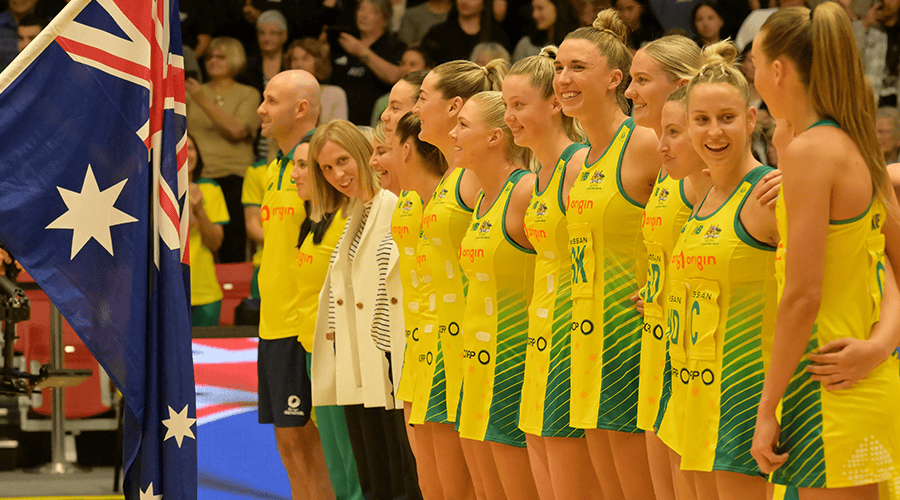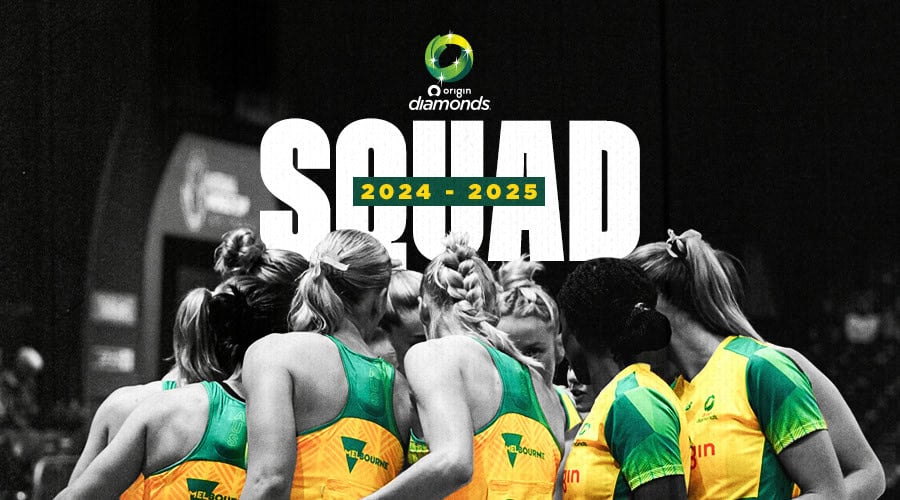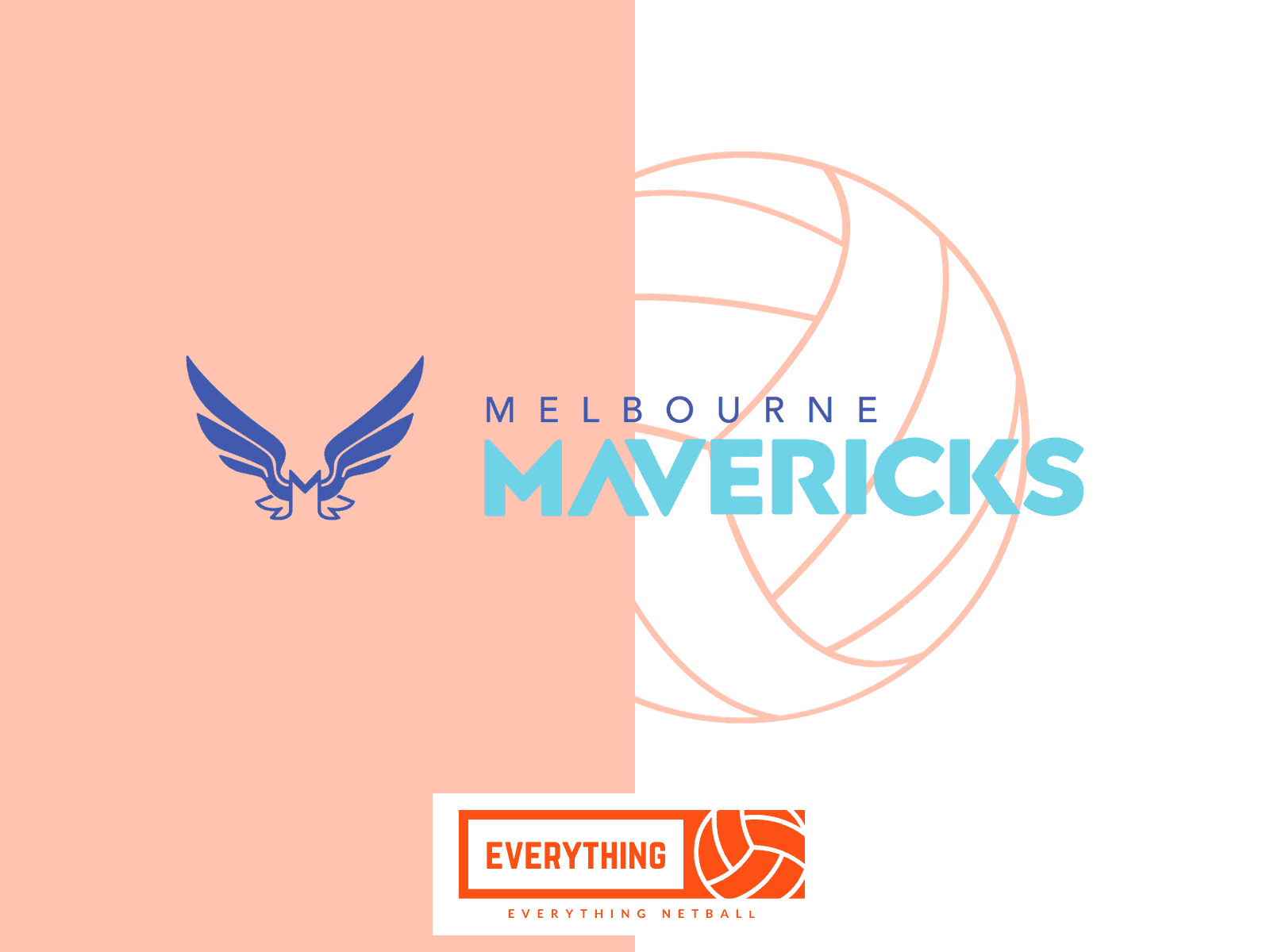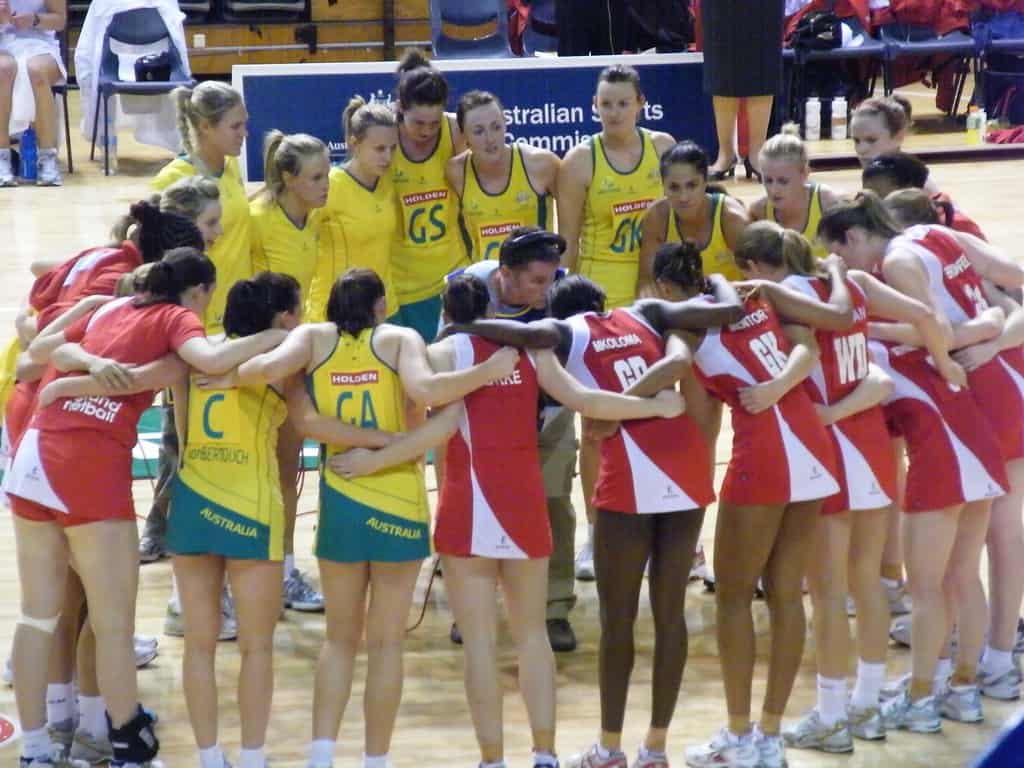Netball, a popular team sport played predominantly by women, offers numerous physical, cognitive, and social benefits. The question of when to introduce children to netball arises, as early engagement may foster skill development and enhance performance.
As a euphemistic inquiry, this article endeavors to explore the appropriate age for commencing netball participation. The physical development and readiness of a child form a crucial determinant in ascertaining their ability to engage in this sport.
Moreover, the introduction to basic skills and rules, along with age-appropriate training and coaching, are essential components that contribute to a comprehensive understanding of netball.
Additionally, the social and emotional readiness of a child plays a vital role in their ability to navigate the challenges and demands of competitive play.
By examining these various factors, this article aims to provide insights into the optimal age for initiating netball involvement, ultimately facilitating informed decision-making for parents, coaches, and educators.
Physical Development and Readiness
Physical development and readiness play a crucial role in determining the appropriate age to start participating in netball. Growth spurts, which typically occur during adolescence, can greatly impact an individual’s physical abilities and coordination.
Netball requires a certain level of strength, agility, and balance, which may be difficult for younger children who are still in the early stages of physical development. Additionally, the development of motor skills is essential for success in netball. These skills include hand-eye coordination, spatial awareness, and the ability to react quickly.
Children who have not yet fully developed these motor skills may struggle to effectively participate in the game. Therefore, it is generally recommended to start netball at an age where individuals have undergone significant growth spurts and have developed the necessary motor skills to engage in the sport effectively.
Introduction to Basic Skills and Rules
Cognitive understanding of fundamental skills and rules is essential for a successful initiation into the sport of netball. Aspiring netball players must familiarize themselves with the basic skills required, such as passing, shooting, and footwork. Additionally, knowledge of the rules, such as the three-second rule and the offside rule, is necessary to ensure fair play and smooth gameplay.
Equipment requirements for netball include a netball, appropriate sports attire, and non-marking shoes to ensure player safety and proper performance.
Playing netball offers numerous benefits. First, it provides an opportunity for physical activity, which promotes overall health and fitness. Second, it helps develop teamwork and communication skills, as netball is a team sport that requires coordination and collaboration. Lastly, it enhances hand-eye coordination, agility, and spatial awareness. These benefits make netball an engaging and rewarding sport for individuals of all ages, contributing to their physical and mental well-being.
- Netball fosters a sense of camaraderie among players, creating lasting friendships.
- The competitive nature of netball encourages personal growth and self-improvement.
- Netball provides a platform to build resilience and overcome challenges.
Age-Appropriate Training and Coaching
Psychological preparation and tailored coaching programs play a crucial role in ensuring effective skill development and performance optimization in netball players of different stages of development.
When it comes to age-appropriate training and coaching in netball, it is important to design drills that are suitable for the physical and cognitive abilities of young players. Age-appropriate drills focus on basic skills such as passing, shooting, and footwork, gradually progressing to more complex techniques as players advance in age and skill level.
Coaching techniques should also be adapted to the developmental stage of the players, utilizing positive reinforcement, clear instructions, and age-appropriate feedback. It is important for coaches to create a supportive and enjoyable environment that fosters learning and encourages the players to develop a love for the sport.
By providing age-appropriate training and coaching, young netball players can develop their skills and progress in a safe and effective manner.
Social and Emotional Readiness
Social and emotional readiness plays a vital role in the overall development and success of netball players. It encompasses various aspects such as peer interaction and self-confidence building. Here are four key factors that highlight the importance of social and emotional readiness in netball:
-
Peer interaction: Engaging in netball allows players to interact with their peers, fostering teamwork, cooperation, and communication skills. This helps them build relationships and develop a sense of belonging within the team.
-
Self-confidence building: Netball provides opportunities for players to develop self-confidence through skill acquisition, goal-setting, and overcoming challenges. As players achieve success and improve their abilities, their self-esteem and belief in their capabilities grow.
-
Emotional resilience: Netball teaches players to manage their emotions, cope with pressure, and maintain composure during intense situations. This resilience not only benefits them on the court but also in their everyday lives.
-
Sportsmanship: Netball promotes fair play, respect for opponents, and adherence to rules. Players learn the importance of good sportsmanship, which contributes to their social and emotional development.
In conclusion, social and emotional readiness is a crucial aspect of netball, as it helps players develop important skills, build relationships, and foster a positive mindset both on and off the court.
Transitioning to Competitive Play
Transitioning to competitive play in netball requires players to navigate a new playing field, where they must adjust to the heightened intensity and strategic intricacies of the game. This transition poses various challenges for players, both physically and mentally. Physically, players need to develop their skills, agility, and endurance to meet the demands of competitive play. Mentally, players must learn to handle the pressure of performing well under intense competition and make quick decisions on the court. Building confidence is crucial during this transition, as players need to believe in their abilities and trust their training. To illustrate the challenges and build confidence, a table can be used to compare the differences between recreational and competitive netball. This visual representation can capture the attention of the audience and provide a clear understanding of the transition players undergo when moving towards competitive play.
| Recreational Netball | Competitive Netball |
|---|---|
| Casual and relaxed atmosphere | Intense and competitive environment |
| Low skill level expected | High skill level required |
| Limited strategic play | Complex strategic play |
| Minimal pressure to perform | High pressure to perform |
| Informal coaching | Professional coaching |
| Limited commitment | High commitment to training and games |
Conclusion
In conclusion, determining the appropriate age to start playing netball requires considering various factors, such as physical development, skill acquisition, and emotional readiness.
It is crucial to introduce children to basic skills and rules at an early age, while ensuring that training and coaching are age-appropriate.
Additionally, social and emotional readiness play a significant role in a child’s ability to transition to competitive play.
According to a study by the National Sporting Goods Association, the participation rate in netball among children aged 6-12 has increased by 15% in the past decade, highlighting its growing popularity.






